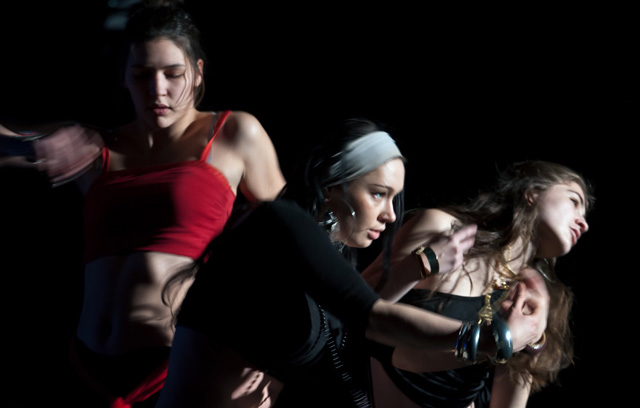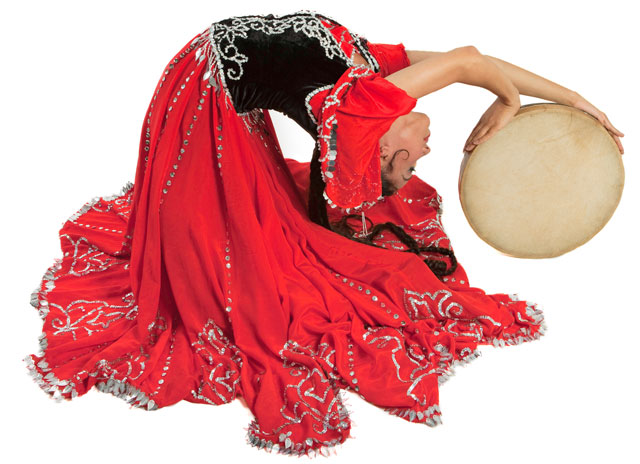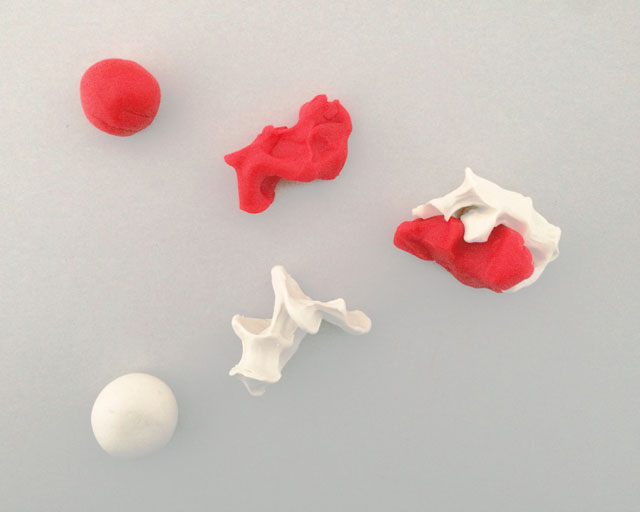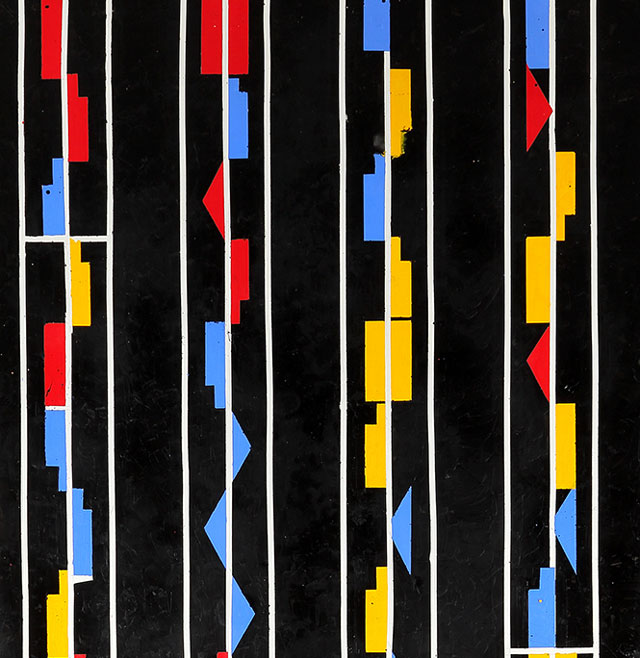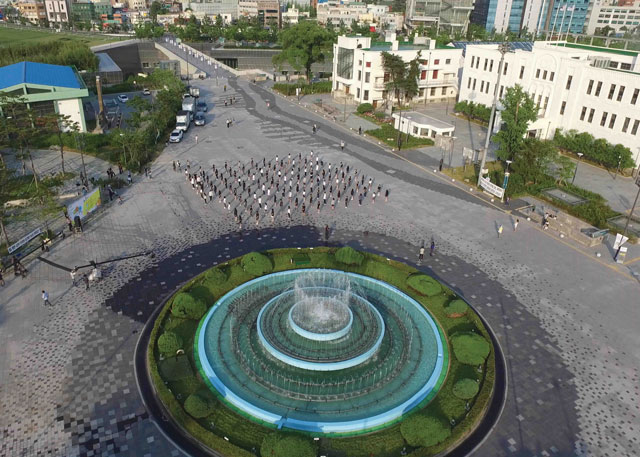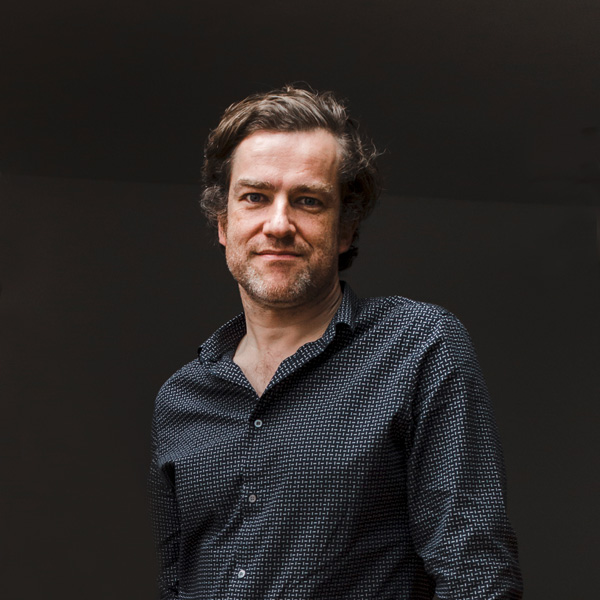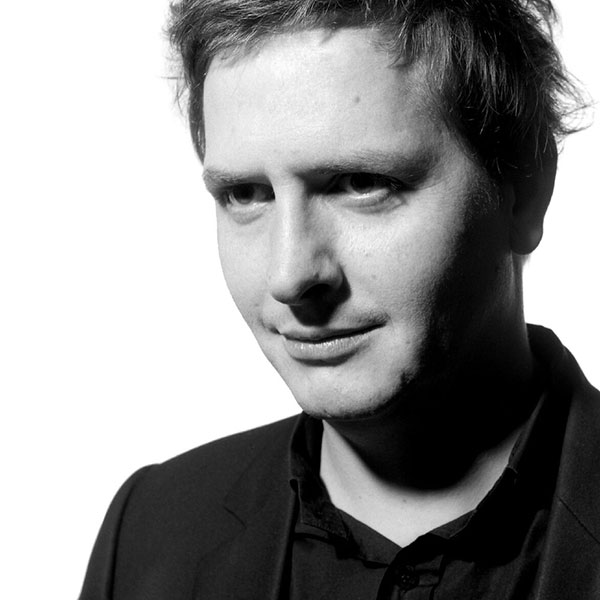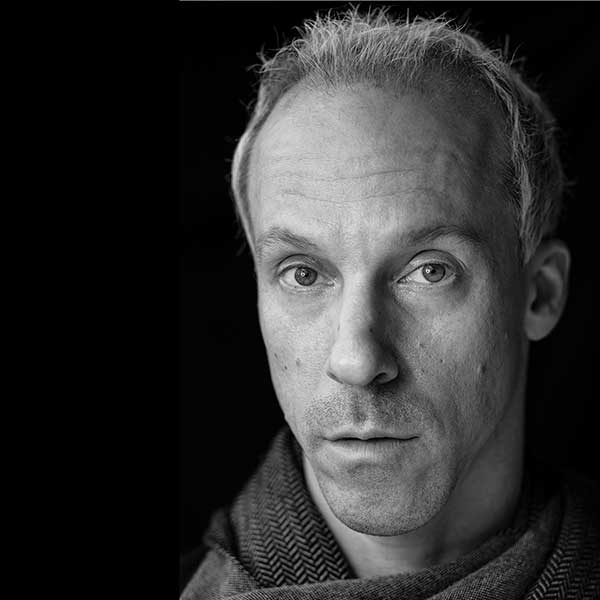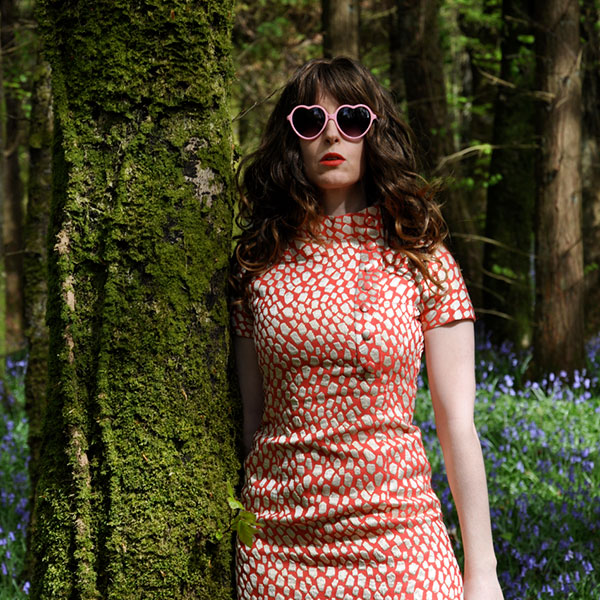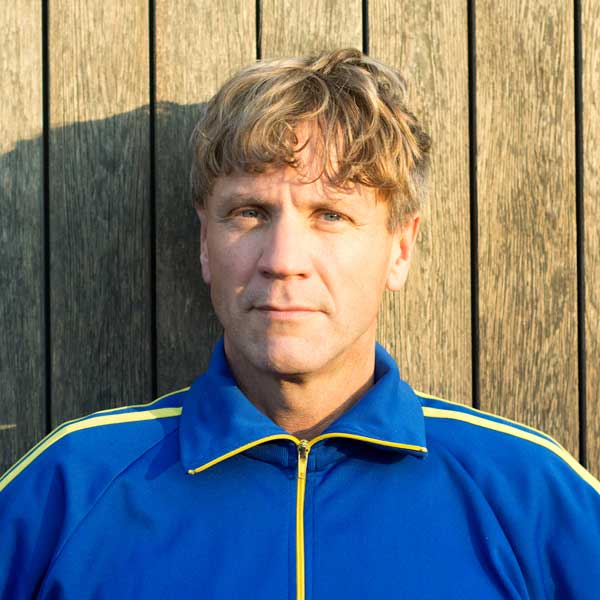“I am working on the presence of the complexity of contemporary life in dance.”
The American choreographer Richard Siegal is one of the key players in contemporary dance, continuously setting new standards. After earning international recognition as a soloist at Ballett Frankfurt, Siegal founded the interdisciplinary platform The Bakery in 2006, which is now based in Munich. The project offers a platform for groups of artists, philosophers, and software programmers to develop new forms of expression under Siegal’s direction.
A spectacular example of its influential approaches is the “if/then” method, based on the arborescent logic used to develop interactive media. Siegal applies this method to the movements of dancers, developing massive systems of actions and reactions. In all his projects, Siegal opens the forms of dance to new aesthetics. In Unitxt (2013), for example, he choreographed movements to staccato techno beats within a clean industrial environment.

Siegal’s groundbreaking works have been presented at a wide range of institutions, venues, and festivals; these include ZKM Karlsruhe, the Festival d’Automne à Paris, the Ruhrtriennale, IRCAM, Centre Pompidou, Ballett Frankfurt, Muffathalle in Munich, and Brooklyn Academy of Music. He has been awarded the New York Dance and Performance Bessie Award, the French SACD Prize, the German dance prize DER FAUST, as well as the Tanzpreis der Landeshauptstadt München. Siegal is currently working on launching the independent company Ballet of Difference in Munich, which will realize projects based on long-term research of the impact of migration and cultural diversity on ballet.
Richard Siegal on a Ballet of Difference
Globalization, cultural diversity, and profound societal changes caused by migration are subjects crucial to my work. As these social forces forge new edges of culture, I try to reflect in the balletic idiom possible forms for these shifting identities. By allowing for the presence of the complexity of contemporary life in ballet, I stage the question of “What is ballet becoming?” My artistic interest, therefore, is in interacting with dancers from cultures that can be said to have achieved an advanced creolization of ballet. Of particular fascination to me are Afro-Caribbean societies where traces of the seminal touring company Ballets Russes de Monte Carlo can be discerned.

Ballet of Difference’s repertoire is conceived to be influenced and framed by a cultural research project called Ballets Creoles. The project will use a comparative strategy to ask such questions as: What is the relationship between dominant cultures and subcultures? How is a foreign cultural tradition preserved? What is the nature of the identity forged by the confluence of cultures? Where is the boundary at which a tradition must be redefined? In which ways do new perspectives affect the conservators of tradition? Does the social media act as an agent for change, for stabilization? Concomitantly, what role does the body play in the transmission of ideas? These questions will be addressed through documented meetings and interviews with dancers, choreographers, theorists, and educators in zones of creolization such as Cuba and Brazil, as well as North America. A publication of this research is planned for 2018.
Read more about Richard Siegal and The Bakery

